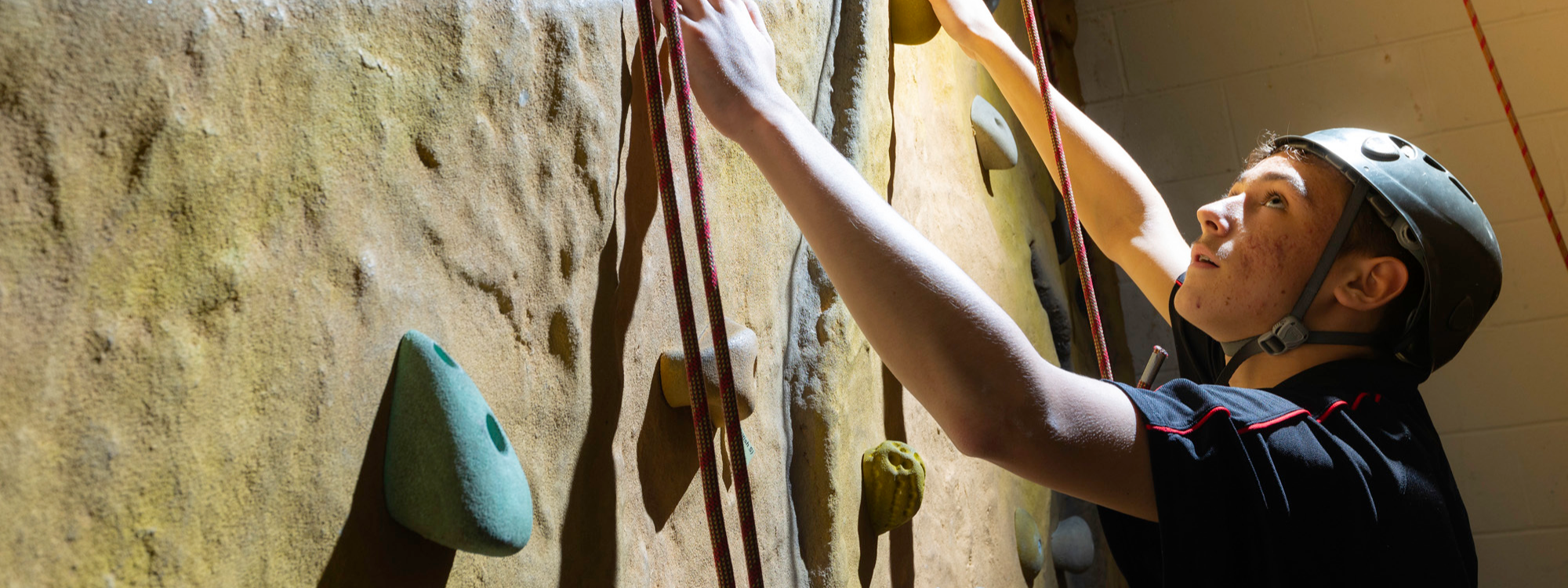- Home
- Our Foundations
- F5: A rich broad and balanced curriculum
F5: A rich broad and balanced curriculum
Our curriculum is rich, broad and balanced and designed to give our students real choice in life.
- The curriculum is concerned with the acquisition of knowledge and understanding, the development of learning skills and the fostering of positive character traits. It supports the development of lively, enquiring minds and the ability to question and argue rationally.
- The curriculum helps pupils to understand the world in which they live, and the interdependence of individuals, groups and nations, enabling them to enter the wider world as active and responsible participants in society.
- The curriculum provides a context for moral learning and experience and overtly focuses on, recognises and celebrates character development.
- The school’s curriculum intent and implementation are embedded securely and consistently across the school. It is evident from what teachers do that they have a firm and common understanding of the school’s curriculum intent and what it means for their practice. Across all parts of the school, series of lessons contribute well to delivering the curriculum intent.
- The work given to pupils, over time and across the school, consistently matches the aims of the curriculum. It is coherently planned and sequenced towards cumulatively sufficient knowledge and skills for future learning and employment.
- Pupils consistently achieve highly, particularly the most disadvantaged. Pupils with SEND achieve exceptionally well.
- Pupils are provided with cultural opportunities beyond their prior experience and a comprehensive programme widens their horizons: trips, activities, visitors, speakers, fieldwork, extra-curricular sessions and other activities that enhance learning.
- There is strong take-up by pupils of the opportunities provided by the school. The most disadvantaged pupils consistently benefit from this excellent work.
- The school provides these rich experiences in a coherently planned way, in the curriculum and through extra-curricular activities, and they considerably strengthen the school’s offer.
- The impact of the curriculum on what children know, can remember and do is strong. Children demonstrate this through being deeply engaged and sustaining high levels of concentration. Children, including those from disadvantaged backgrounds, do well. Children with SEND achieve the best possible outcomes.
- The EYFS curriculum provides no limits or barriers to the children’s achievements, regardless of their backgrounds, circumstances or needs. The high ambition it embodies is shared by all staff.
- The work that sixth-form students do over time embodies consistently demanding curriculum goals. It matches the aims of the curriculum in being coherently planned and sequenced towards building sufficient knowledge and skills for future learning and destinations.
- The impact of the taught curriculum is strong. Students acquire and develop high-quality skills and produce work of a consistently high standard.
- Pupils’ enjoyment of learning is evident from their interest, concentration, enthusiasm, engagement and progress across a range of subjects and experiences.

